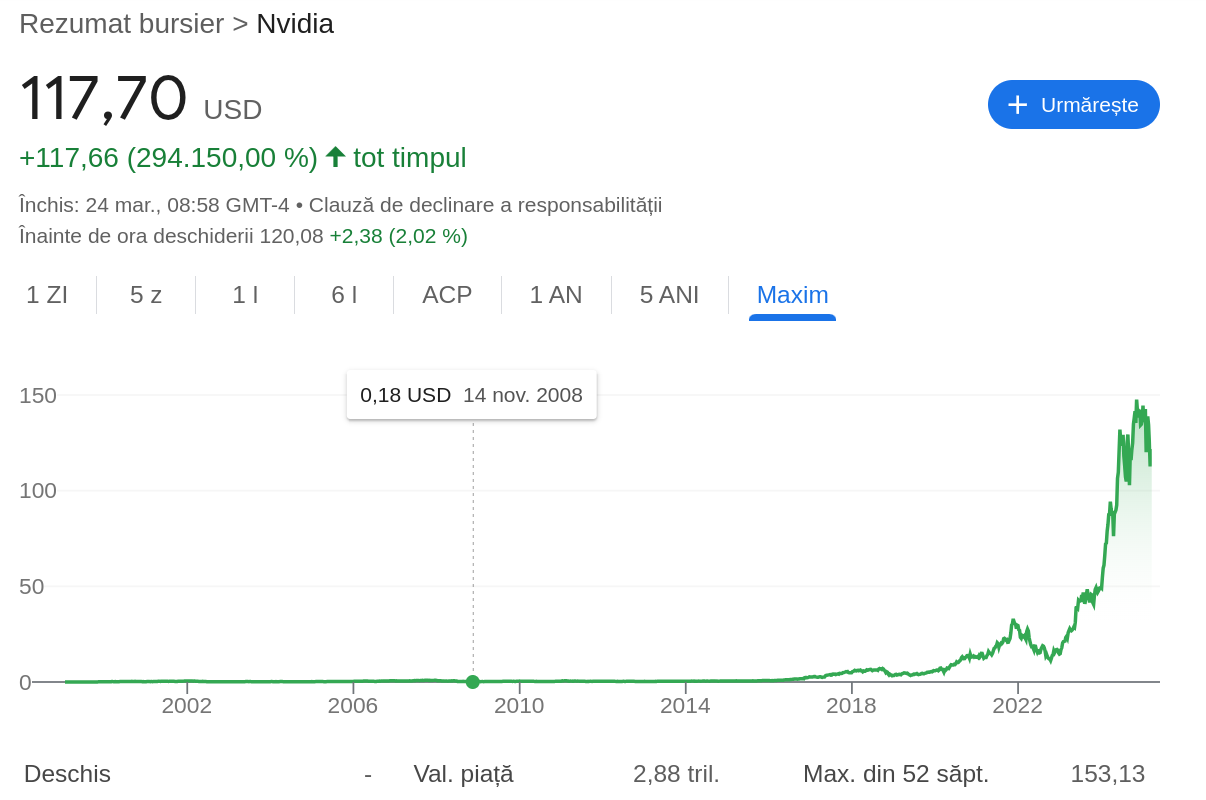
The Impact of Emotions on Investing
Fear and Panic
Fear is one of an investor’s greatest enemies. When markets decline, many investors panic and sell their assets at low prices, fearing greater losses. This reaction can lead to significant financial losses, especially if the market recovers later.
A classic example was the 2008 financial crisis. Many investors sold their stocks at low prices out of fear, only to see those prices rebound in the following years. Those who remained calm and held onto their investments long-term benefited in the end.
Greed and Overconfidence
Greed can push an investor to make reckless decisions, such as buying assets at inflated prices simply because the market seems to be rising endlessly. Bitcoin is a clear example: in 2017, many people bought Bitcoin at record-high prices out of fear of missing out, only to watch its value drop dramatically a few months later.
Similarly, overconfidence can lead to poor decisions. When an investor believes they are smarter than the market, they may ignore warning signals and make risky investments.
Euphoria and Herd Mentality
When markets are on an upward trend, many investors become overly optimistic and believe prices will continue to rise indefinitely. This euphoria can lead to overvaluation of assets and the formation of speculative bubbles. For example, the dot-com bubble of the late 1990s was fueled by excessive enthusiasm for internet companies, followed by a dramatic crash.
Herd mentality is another common problem. People tend to follow the crowd, assuming that if everyone is buying or selling, it must be the right decision. However, following the herd can lead to major losses, especially when the market suddenly corrects.
How to Control Your Emotions in Investing
Create an Investment Plan
A well-structured plan can help you make decisions based on logic rather than emotions. Your plan should include:
- Clear objectives (e.g., retirement savings, purchasing a home)
- Asset allocation strategy (e.g., how much to invest in stocks, bonds, real estate)
- Risk tolerance
- Exit strategy (when to sell assets to secure profit)
Maintain Investment Discipline
A successful investor must be disciplined. This means avoiding impulsive reactions to market fluctuations and sticking to the established strategy. Long-term investments are generally safer than short-term speculation.
Avoid Emotion-Based Decisions
When you feel emotions influencing your decisions, take a step back. Analyze the situation objectively and consult real financial data. Sometimes, the best decision is to do nothing until the situation becomes clearer.
Diversify Your Portfolio
Don’t put all your eggs in one basket. Diversification helps reduce risks. For example, if your investments are spread across multiple industries or regions, a downturn in one market won’t impact your entire wealth.
Continuous Education
Knowledge is the best weapon against poor decisions. Read books on investing, take financial courses, and stay informed about economic developments.
Conclusion
Emotions are a natural part of the investment process, but they can lead to costly decisions if not properly managed. By following a well-thought-out plan, maintaining discipline, continuing education, and diversifying, you can reduce the impact of emotions on your investments. True investors do not make decisions based on fear or greed but on logic and strategy. Apply these principles, and you will achieve greater success in the world of investing.







